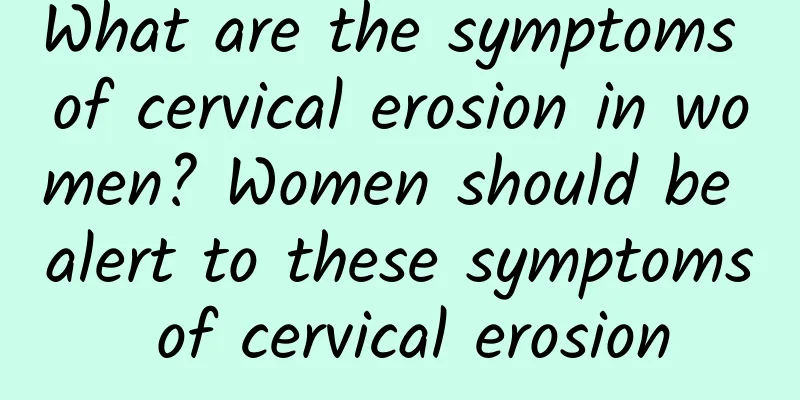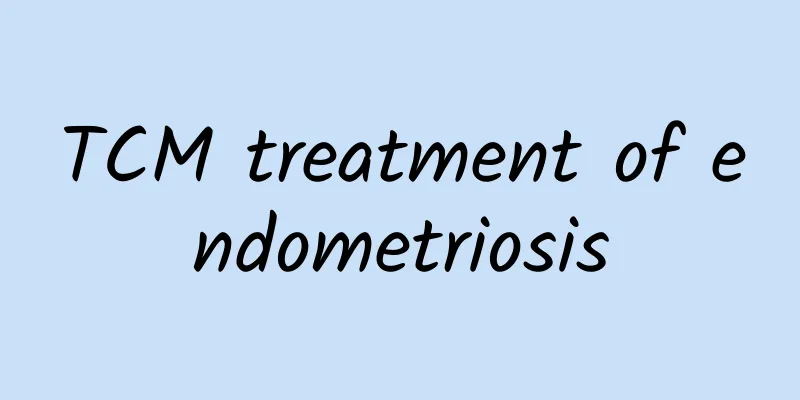Reasonable choice of treatment method for ectopic pregnancy

|
Ectopic pregnancy is currently the most common gynecological acute abdomen. Early diagnosis and treatment can reduce the risk of hemorrhagic shock, avoid excessive damage to the fallopian tubes, preserve reproductive function, and reduce complications. Choose the appropriate treatment method based on the patient's condition, whether or not they have fertility requirements, and other comprehensive considerations. 1. Non-surgical treatment Non-surgical treatment includes expectant management and medical therapy. Expectant therapy: A small number of tubal pregnancies may result in spontaneous abortion or absorption, with mild symptoms and no need for surgery or drug treatment. Expectant therapy is applicable to: ① Mild abdominal pain and little bleeding; ② No signs of tubal pregnancy rupture; ③ Blood β-HCG <1000U/L and continues to decrease; ④ Tubal pregnancy mass <3cm or not detected; ⑤ No intra-abdominal bleeding. During the expectant process, attention should be paid to changes in vital signs and abdominal pain, and B-ultrasound and blood β-HCG dynamic monitoring should be performed. Drug treatment: It is mainly suitable for young patients with early tubal pregnancy, good general condition, and who want to preserve their fertility. This method can generally be used for those who meet the following conditions: ① No contraindications to drug treatment; ② No rupture or miscarriage of tubal pregnancy; ③ The diameter of the tubal pregnancy mass is ≤3cm; ④ Blood β-HCG <2000IU/L; ⑤ No obvious internal bleeding. 2. Surgical treatment Surgical treatment can be divided into the following three types of procedures: ① Conservative surgery: suitable for young patients who want to have children. If the contralateral fallopian tube has been removed or has obvious lesions, conservative surgery to preserve the fallopian tube can be performed. ② Pregnancy salpingectomy: suitable for patients with tubal pregnancy rupture or internal bleeding complicated by shock or no fertility requirements. ③ Laparoscopic surgery. |
<<: Women who smoke may have an increased risk of ectopic pregnancy
>>: IVF cannot escape the clutches of ectopic pregnancy
Recommend
How long does uterine fibroid surgery take? 4 factors affect uterine fibroid surgery
The time required for uterine fibroid surgery can...
Women should choose the right method for abortion. How to nourish after the operation? What to eat after abortion to recover quickly
Abortion is a way to terminate pregnancy. There a...
What are the common symptoms of uterine fibroids? Are there no symptoms in the early stages of uterine fibroids?
Many people are asking about the symptoms of uter...
What are the hazards of pregnancy with uterine fibroids? What are the effects of pregnancy with uterine fibroids on pregnancy
Menstrual changes, if your normal menstrual cycle...
Common causes of adnexitis
Although many people have learned about adnexitis...
What are the symptoms of pelvic inflammatory disease in the elderly?
Pelvic inflammatory disease is a very common gyne...
What are the symptoms of irregular menstruation?
What are the symptoms of irregular menstruation? ...
Preventive measures for cervicitis in daily life
Among gynecological inflammations, cervicitis is ...
Several factors causing uterine fibroids
Uterine fibroids are common in middle-aged women....
Secrets revealed: Traditional Chinese medicine treatment for acute pelvic inflammatory disease
With the continuous improvement of medical level,...
What happens if you get pregnant with a thick endometrium?
Children nowadays are the hope of a family. Many ...
How long does it usually take to cure amenorrhea with Chinese medicine?
It usually takes several months to half a year to...
Does adenomyosis cause back pain?
Will I have back pain if I have adenomyosis? 1. W...
Fitness girl teaches you 3 low-calorie, high-protein satisfying breakfasts! DIY is easy to make, you won’t want to wipe your mouth
★High protein taro egg rolls Calories 288 kcal | ...
Chinese medicine tea therapy for amenorrhea
Amenorrhea is a disease that is difficult to treat...









